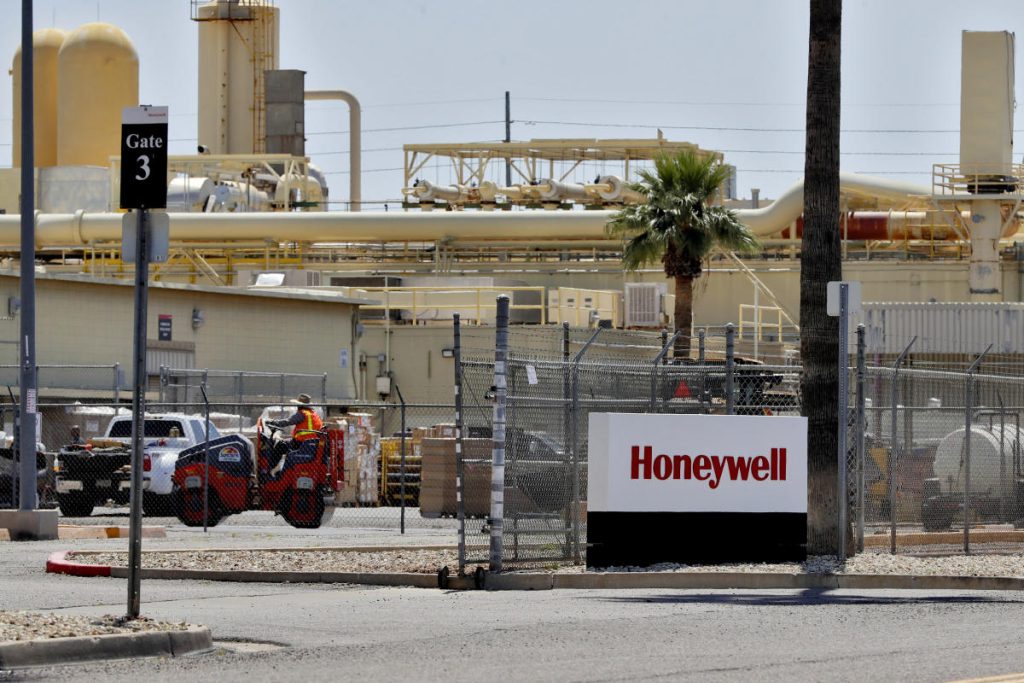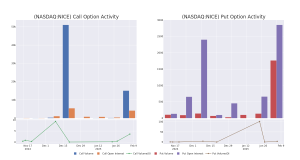
Industrial giant Honeywell (HON) will be getting smaller.
Honeywell ended months of speculation on Thursday by announcing it would split into three listed companies: Honeywell Automation, Honeywell Aerospace and Advanced Materials. The automation business will stay focused on building that technology, while aerospace is dedicated to tech for plane cockpits, and advanced materials covers solutions for sectors such as healthcare.
The separation is expected to happen in the second half of 2026.
“The formation of three independent, industry-leading companies builds on the powerful foundation we have created, positioning each to pursue tailored growth strategies, and unlock significant value for shareholders and customers,” Honeywell chair and CEO Vimal Kapur said in a statement.
Honeywell shares fell over 4% early on Thursday as investors digested the news.
For Kapur and Honeywell, the news is a defining moment.
Kapur joined Honeywell in 1989, rising through the ranks of the building automation business and assuming the CEO position in June 2023. He added the role of chairman in June 2024.
He has been jumping headfirst into a complete overhaul of a company with roots in the thermostat business, dating back to 1886. Honeywell has become a huge enterprise through decades of acquisitions, starting with the 1999 merger with Allied Signal.
At a time when industrial conglomerates with economy of scale are no longer rewarded with high valuations, Kapur said in October 2024 that Honeywell would spin off its advanced material business. The new pubic company is slated to begin trading at the end of 2025 or early 2026. It counts about $3.8 billion in annual revenue.
This came after an otherwise successful breakup of industrial legend General Electric (GE) in 2024 into three independent companies.
“I think the biggest change I’m driving is how we make it a growth-oriented company. Part of that is how we transform our portfolio so that it’s naturally pivoted towards end markets — products which are growth-oriented, but also change our own capabilities on new product development and innovation,” Kapur told me at the World Economic Forum (WEF) in late January.
He said at the time a decision on Honeywell’s fate would be revealed on Feb. 6.
The operational upheaval at Honeywell comes amid pressure from activist investor Elliott Management, which has a stake of about $5 billion. The firm disclosed its investment in November.
“With today’s action, Honeywell will be separating its Automation and Aerospace businesses into two market-leading enterprises poised for sustained growth and value creation,” said Elliott partner Marc Steinberg and managing partner Jesse Cohn in a statement. “The enhanced focus, alignment, and strategic agility enabled by this separation will allow Honeywell to realize the opportunity for operational improvement and valuation upside. We look forward to continuing to support Vimal and the management team as they execute on the separation and deliver significant long-term value to Honeywell’s shareholders.”

